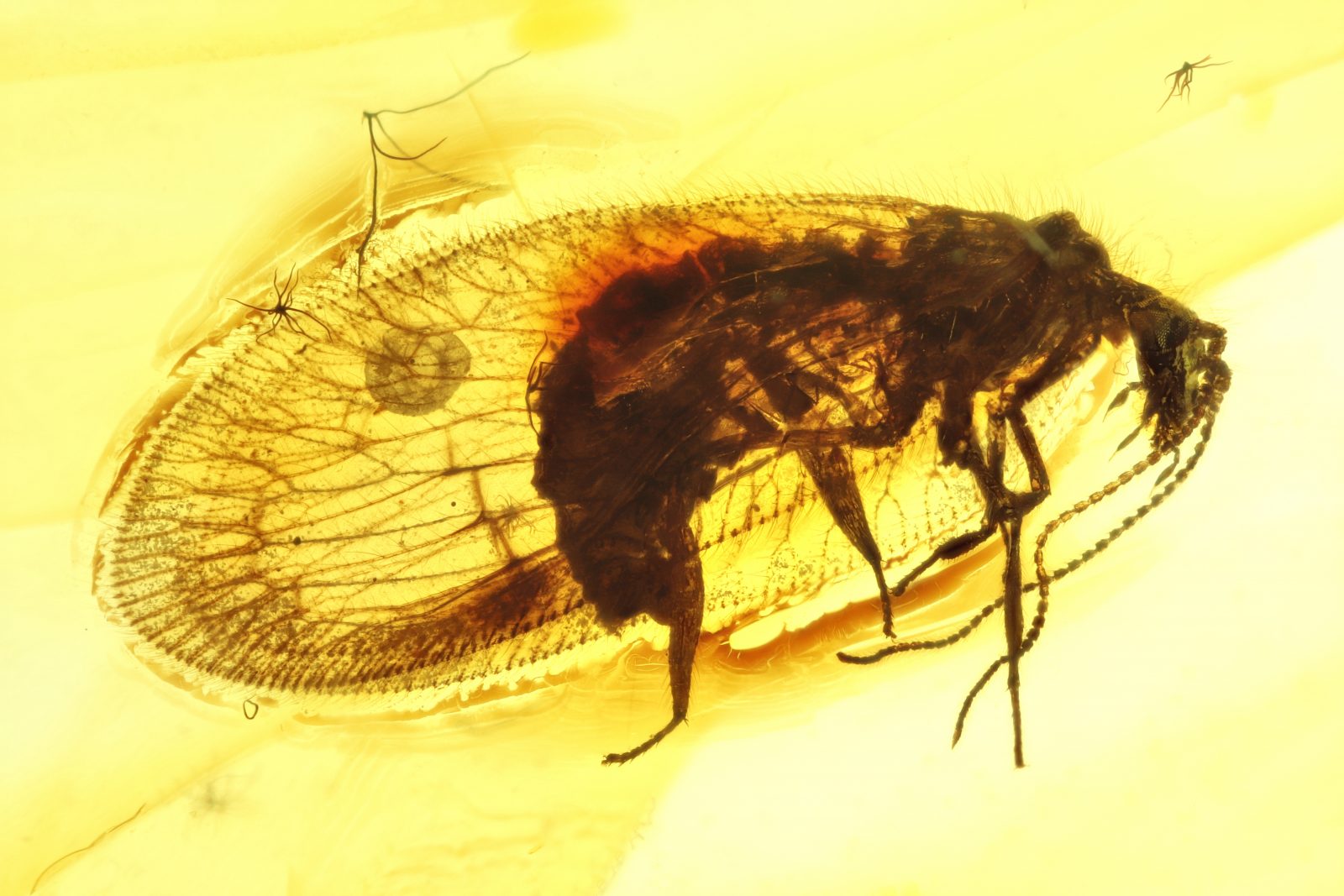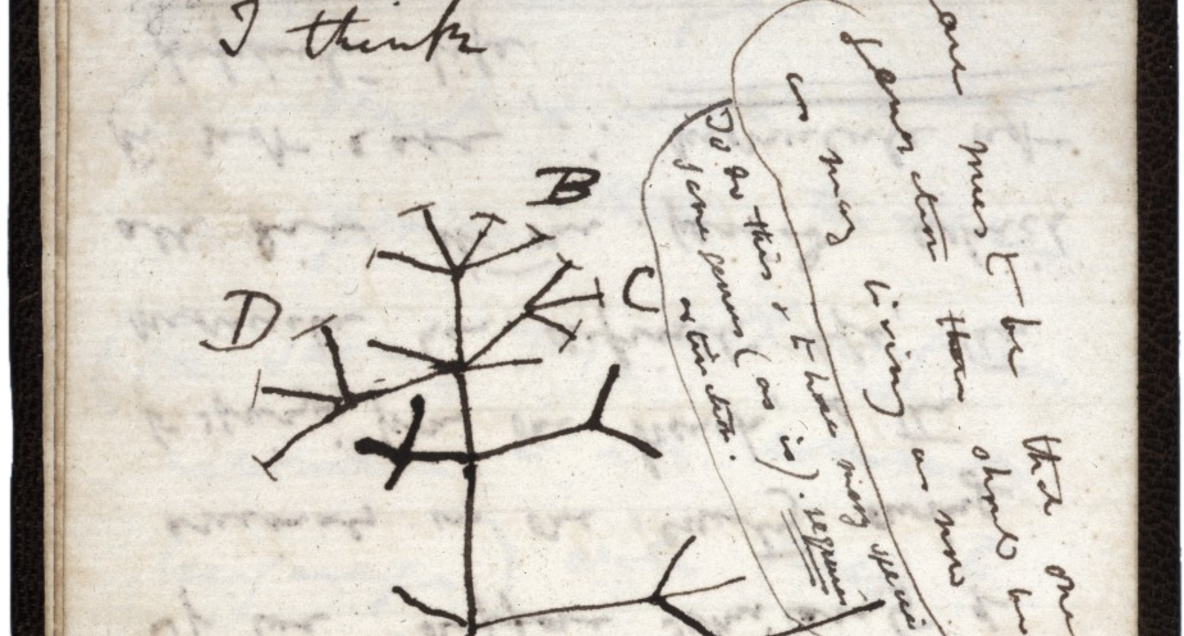Cornelius Hunter on More “Junk” DNA That Turned Out To Be Crucial
On this episode of ID the Future, Dr. Cornelius Hunter, author of Science’s Blind Spot: The Unseen Religion of Scientific Naturalism, talks about new findings on so-called “junk” DNA. Evolutionary theory predicts lots of such “Darwinian detritus” that does nothing for organisms. That prediction keeps coming up false. “Satellite DNA” was one form of DNA thought to be junk, and left on the back burner by researchers. But now it’s been found to be both crucial — for the fertility of male fruit flies — and species-specific. Evolutionary theory expected none of this, though it gamely accommodate it, Hunter explains. How? By moving the goalposts.


